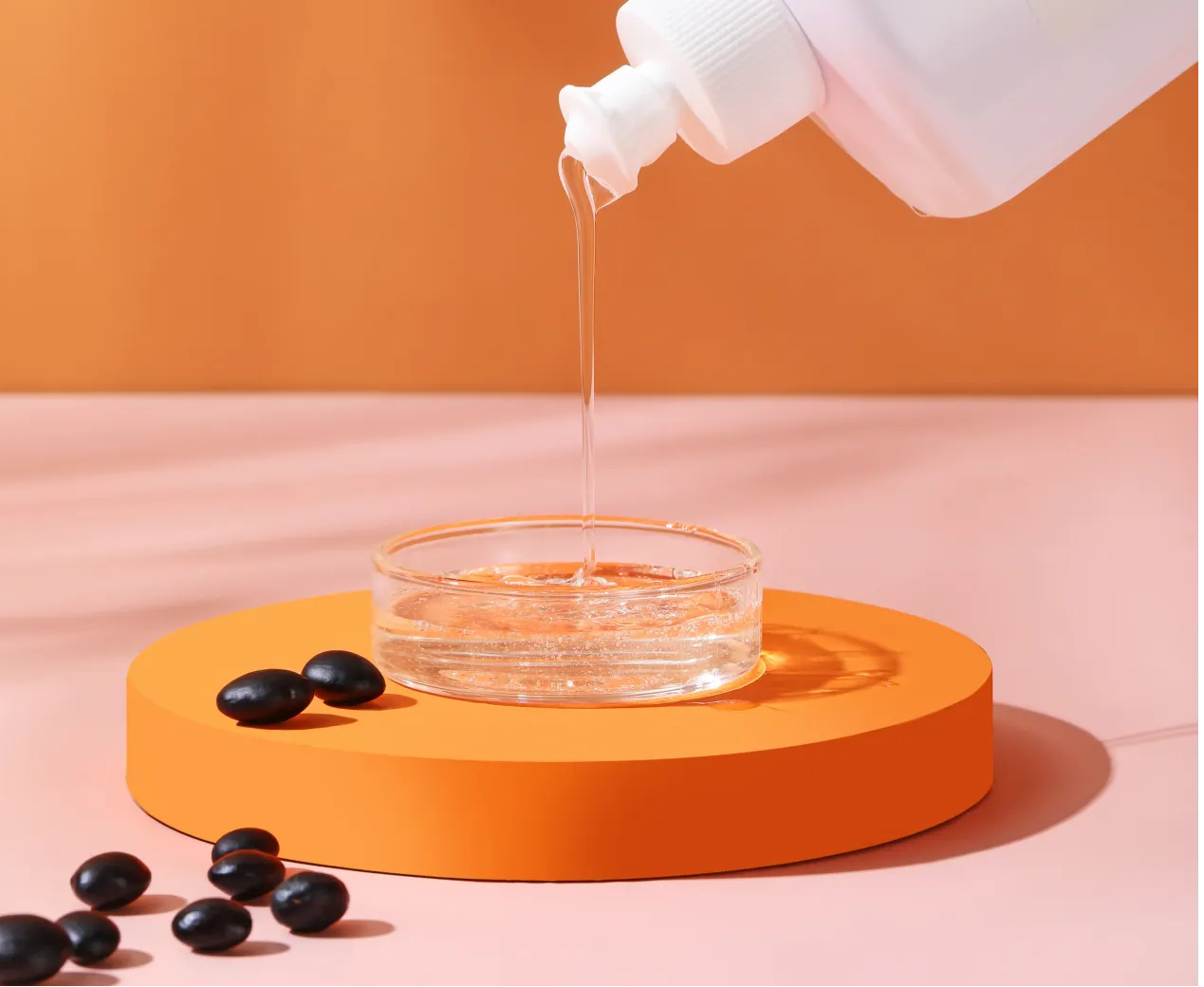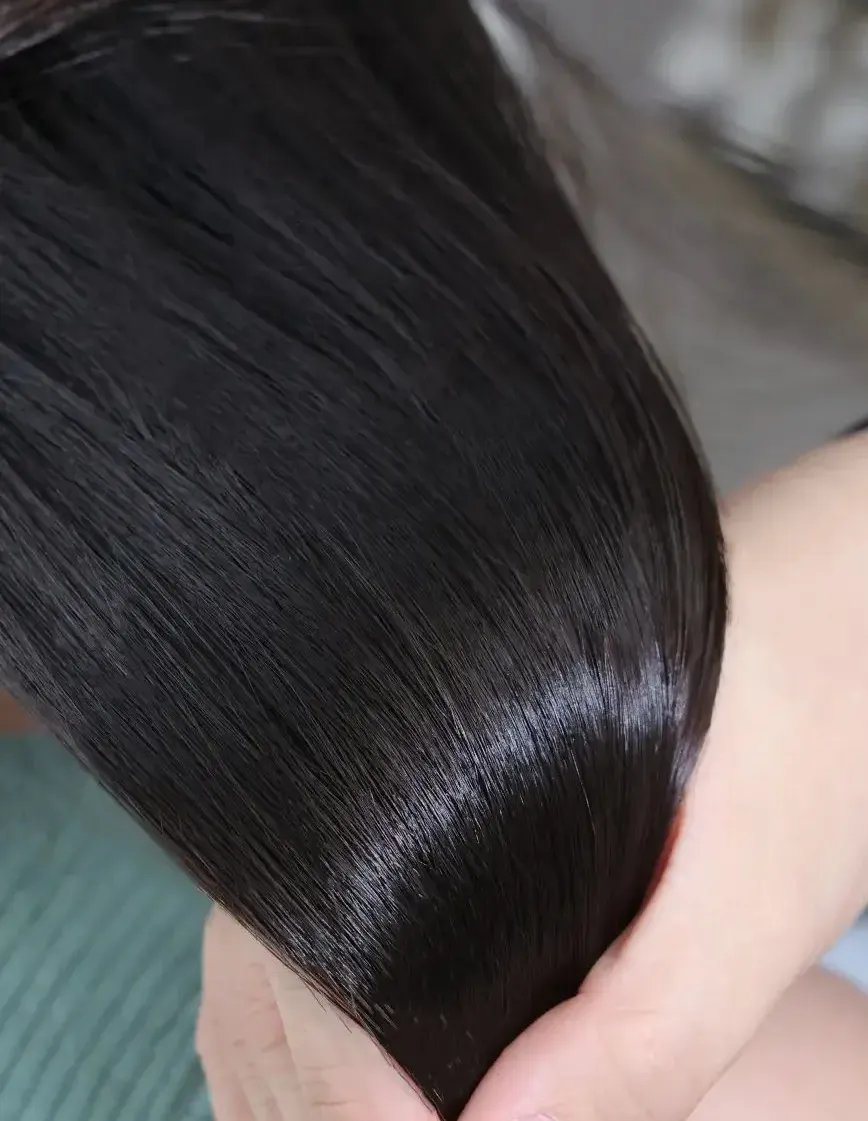
The Role of Hydroxypropyl and Hydroxyethyl Starch Derivatives in Modern Applications
Starches modified with hydroxypropyl and hydroxyethyl groups have become essential components across various industries, including pharmaceuticals, food, cosmetics, and personal care.

Understanding Hydroxypropyl and Hydroxyethyl Starch Derivatives
Among these, hydroxypropyl starch ether, hydroxypropyl starch, and hydroxyethyl starch stand out due to their improved functional properties compared to native starch.
Hydroxypropyl starch ether is a starch chemically modified to introduce hydroxypropyl groups, enhancing solubility, stability, and resistance to heat and shear. This makes it particularly useful as a thickener, stabilizer, and film-former in formulations.
Similarly, hydroxyethyl starch (HES) is another widely used starch derivative. Grades like hydroxyethyl starch 130 0.4 refer to specific molecular weights and substitution levels, tailored for medical and industrial purposes. Hydroxyethyl starch IV often denotes intravenous pharmaceutical preparations used as plasma volume expanders.
Another important group includes phosphorylated starches, such as hydroxypropyl starch phosphate и hydroxypropyl distarch phosphate. These compounds offer enhanced water-binding capacity and stability, useful in both food applications and cosmetic formulations.

Applications in Hair and Cosmetic Products
One of the emerging uses of these modified starches is in hair care. Hydroxypropyl starch phosphate for hair и hydroxypropyl starch phosphate in hair products provide conditioning, thickening, and film-forming properties without the heaviness of synthetic polymers. These starch derivatives improve texture and manageability while offering natural, biodegradable alternatives to traditional ingredients.
The ability of these starches to absorb moisture and create flexible films makes them ideal for shampoos, conditioners, and styling products. Additionally, their mild nature reduces scalp irritation risk, a significant benefit in sensitive skin formulations.
Moreover, starch ethers like hydroxypropyl starch ether contribute to viscosity control and product stability in various personal care applications. The combination of these starches with other polymers enhances the sensory feel and overall performance of hair care lines.
Versatile and Sustainable Solutions with Modified Starches
From medical formulations involving hydroxyethyl starch IV to cosmetic products containing hydroxypropyl starch phosphate in hair products, starch derivatives have revolutionized multiple sectors. Their tailored molecular modifications—whether hydroxypropyl, hydroxyethyl, or phosphate substitutions—allow manufacturers to customize performance attributes like solubility, stability, and moisture retention.
With increasing demand for natural, biodegradable, and effective ingredients, hydroxypropyl distarch phosphate and other modified starches offer a sustainable alternative to synthetic polymers. Understanding their specific grades and functions enables formulators to innovate while meeting consumer expectations for safety and efficacy.
FAQ Section: Key Questions About Hydroxypropyl and Hydroxyethyl Starch Derivatives
What is hydroxypropyl starch ether and how is it used?
Hydroxypropyl starch etheris a chemically modified starch that improves solubility and stability. It’s commonly used as a thickener and stabilizer in food, pharmaceutical, and cosmetic products.
What are the differences between hydroxypropyl starch and hydroxyethyl starch?
Both are modified starches; hydroxypropyl starchhas hydroxypropyl groups attached, enhancing certain properties like freeze-thaw stability, while hydroxyethyl starch (HES) is used extensively in medical applications, especially as volume expanders.
What does hydroxyethyl starch 130 0.4 mean?
This denotes a specific grade of HES, where "130" refers to the average molecular weight in kilodaltons and "0.4" indicates the molar substitution degree, affecting viscosity and biodegradability.
How is hydroxypropyl starch phosphate used in hair products?
Hydroxypropyl starch phosphate in hair productsacts as a natural film former and conditioner, improving texture and manageability without synthetic polymers’ heaviness.
What is hydroxypropyl distarch phosphate?
Hydroxypropyl distarch phosphateis a starch modified with both hydroxypropyl and phosphate groups, offering enhanced water-binding, stability, and thickening properties for food and cosmetic formulations.
-
Hydroxypropyl Starch as a Sustainable Construction AdditiveNewsNov.24,2025
-
The Gelation Properties of CMCNewsNov.21,2025
-
Redispersible Latex Powder and Water Retention CapacityNewsNov.21,2025
-
Dosage Control for Polycarboxylate Water ReducerNewsNov.21,2025
-
Film-Forming Properties of Polyvinyl AlcoholNewsNov.21,2025
-
The Function of Gypsum Additives in MortarNewsNov.21,2025





















